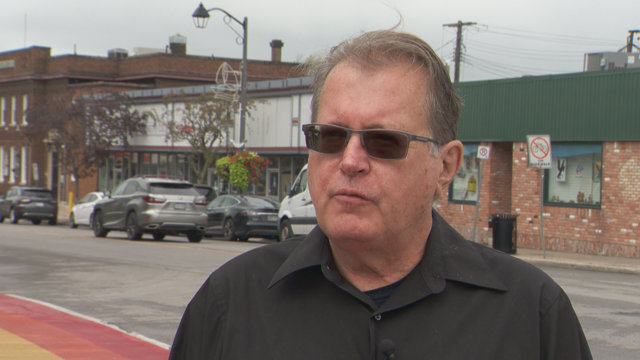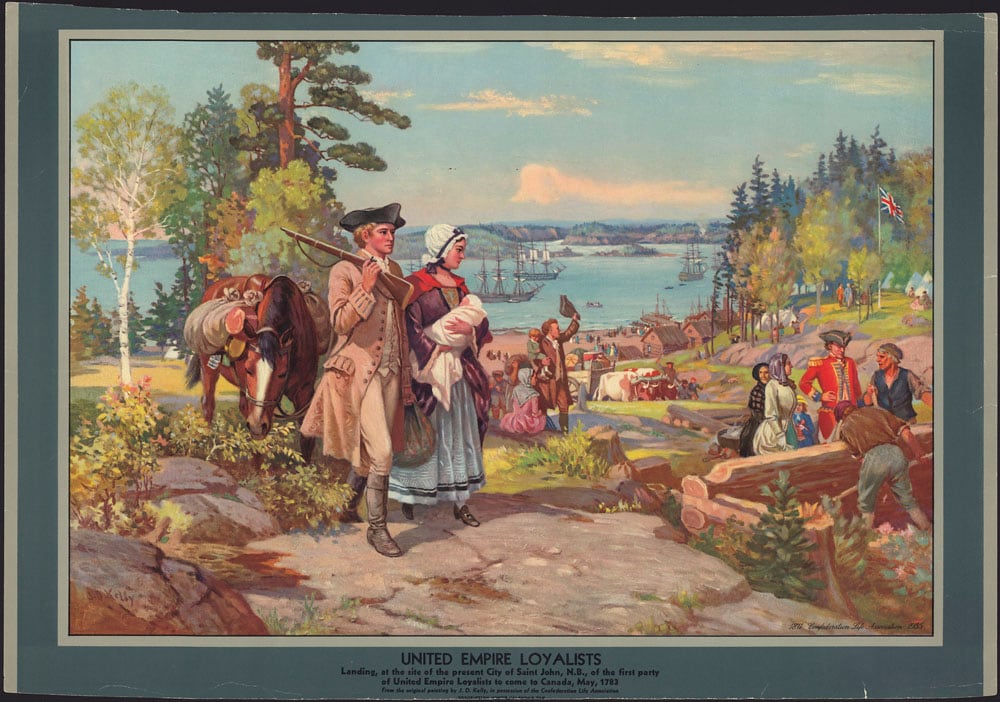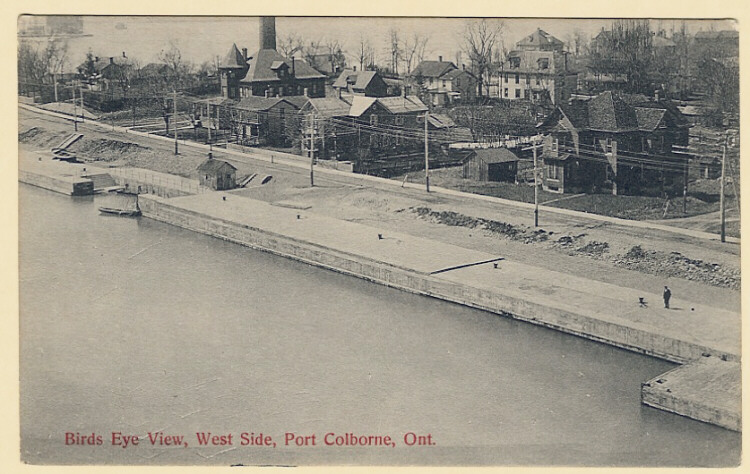A battle is brewing on the shores of Lake Erie, and oh brother, it’s a doozy.

Port Colborne Mayor Bill Steele wasn’t sure what to expect as the date neared to register for the Oct. 24 election. After 17 years on city council and one term as mayor, he thought for sure he’d have challengers.
“Nobody came forward,” he says. “So we looked at acclamation, but then we had a candidate throw his name in at the last minute. So here we are in election mode.”
But when he saw the name of his opponent listed as “Charles Steele,” he was initially confused. He has a brother named Charles David William Steele, but says, “his name is not Charles. It’s David. He’s always been known as David. It’s David Steele.”
Further to that, the brothers hadn’t spoken in over 30 years and “David” had never run for public office before. But it wasn’t long before it was confirmed Port Colborne would have a front seat to a decades-old familial spat. And the name thing?
“I’ve been told you should use your first name in business and important matters,” Charles Steele says. “So I use the name Charles. It’s as simple as that.”
Port Colborne is a city of 20,000 best known as one of the gateways to the famed Welland Canal, which connects Lake Erie to Lake Ontario for the roughly 3,000 ships that pass through it annually. The construction of the first iteration of the canal in the 1830s brought with it an increase in population, which eventually led to the village of Port Colborne being incorporated in 1870.
But the first non-native settlers were United Empire Loyalists who arrived after fleeing the U.S. civil war in the 1770s. And the head of one of the first two loyalist families to put down roots was named William Steele, the ancestor of Bill and Charles.

Get daily National news
Adding to the Steele legacy, their great uncle Dewitt Carter was mayor in 1918 and their great grandfather C.S. Steele served as mayor in 1927.
It’s unclear what led to the brothers losing touch all those years ago. While Bill stayed in Port Colborne to run the family insurance business, Charles moved to Toronto for a number of years before returning 15 years ago.
“The only thing I’ll say is he’s made some bad decisions in his life,” Bill says. “He’s alienated his family and that’s where we are today.”
Charles adds, “We just have different viewpoints on politics and life and things like that.”

They still have yet to speak and neither has plans to call the other during the campaign. The only way communication between the two might happen is in a debate. And while both are open to the possibility, Charles acknowledges he’s the clear underdog with far less experience.
“Yes, I would consider a debate,” Charles says. “He does have the 20 years experience. He knows what it’s like to run a council, so I’d be at a bit of a disadvantage there. But I feel that I have enough issues to get people out to vote and hopefully I can change their lives for the better.”
Charles says he plans on running a grassroots campaign with most of his time devoted to knocking on doors. He says he can’t afford an expensive advertising campaign. To succeed, he believes he needs to connect with voters who think the city needs a new direction.

Bill, meanwhile, is proud that the city’s downtown core has remained vibrant while other similar-sized cities suffer through high-vacancy rates. Affordable housing is a priority, as is getting the sewer and water rates under control. And he says while it’s not the job of the mayor and council to bring new doctors to the area, he’s made it a priority as well.
“We’ve been lucky,” Bill says. “We’ve recruited three new doctors to Port Colborne in the last year and a half, creating more services at our local hospital, which is an urgent care centre. It’s not a full-fledged hospital anymore like it used to be when it was built in 1959.”
And all those issues will be discussed as the election campaign unfolds — but nothing will be as curious to voters as Port Colborne’s battle of non-brotherly love.










Comments